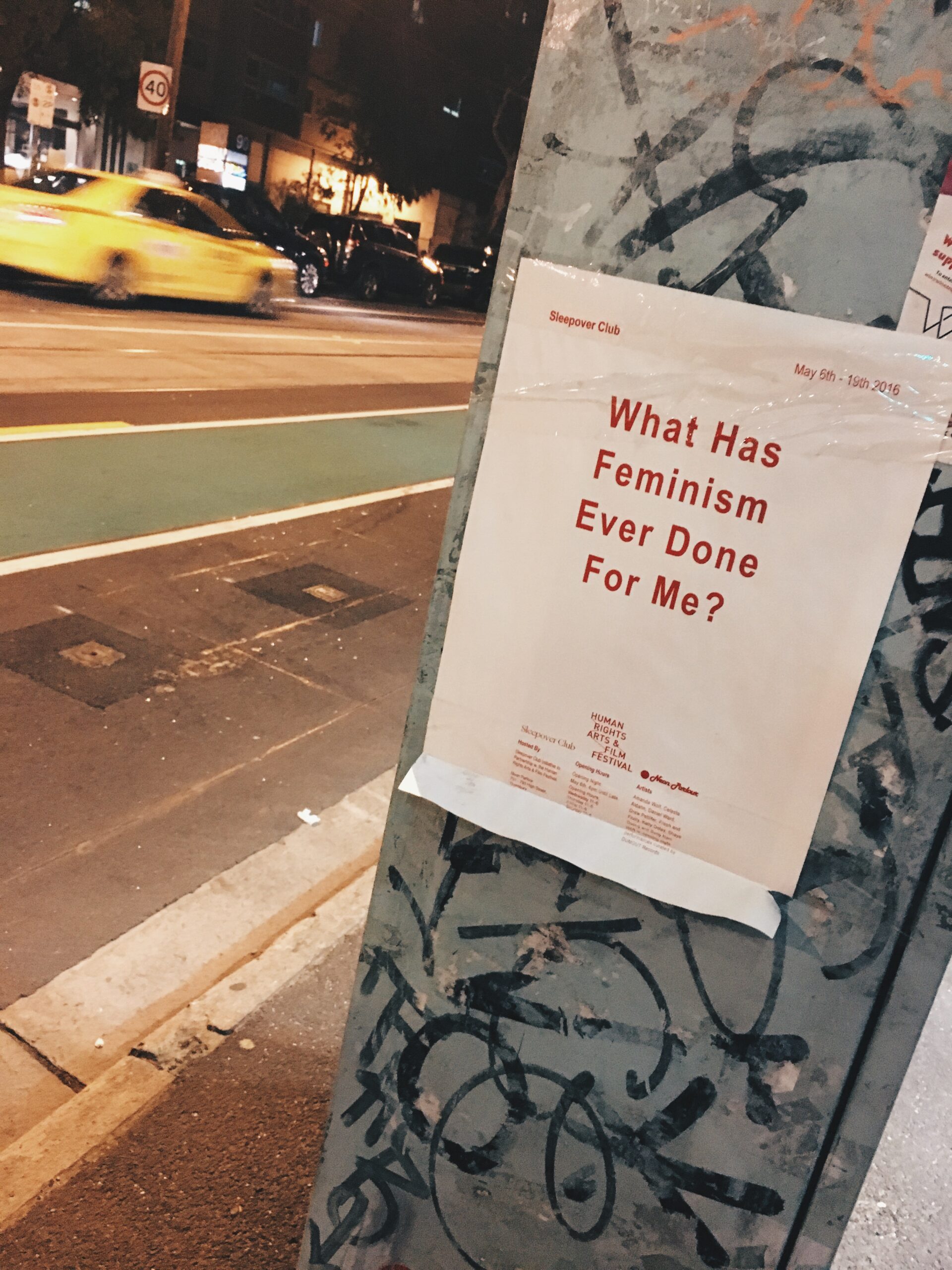“Being virginal – is this the key to success?”
July 19th, 2016 A controversial scholarship raises questions about education around the issues of sex and health, writes Bonolo Madibe, 20, a Correspondent from South Africa, now living in the UK.
A controversial scholarship raises questions about education around the issues of sex and health, writes Bonolo Madibe, 20, a Correspondent from South Africa, now living in the UK.
Over the past couple of years we have seen an increase in feminist discourse, not only in schools but also on social media, TV and even in our households.
There is no doubt that conversations about feminism and gender equality have opened up a dialogue about the true realities of being a woman in this world, but have all women across the globe reaped the same benefits from this discourse?
Recently there was controversy and outrage over the introduction of a new scholarship scheme in South Africa, which is awarded to young girls on the basis of ‘abstaining and virginity’.
I know what you’re thinking… my initial reaction was exactly the same.
But is there really a way to justify such discriminatory and misogynistic actions, from a government that set out to build the foundations of its democracy on equality for all irrespective of gender, race, sexuality, religion or socio-economic status?
According to the U.N., seven million people in South Africa live with HIV, making it the country most affected by this global epidemic. The NGO Doctors Without Borders further states that KwaZulu-Natal (KZN), the region where the scholarship for young girls is being offered, is the most affected area in the country. Dudu Mazibuko, Mayor of uThukela Municipality (KZN), insists that this scholarship is an attempt to educate young girls about this deadly disease, and to keep them away from boys so that they can ‘focus’ on their education. She is also reported to have noted that other scholarships are available for female students who have made “different choices”.
However, human rights activists deemed the scholarships’ required virginity testing – considered by some as a cultural tradition – to be intrusive and an invasion of privacy.
The reality is, we cannot have a conversation about sexually transmitted diseases by targeting only one gender. Sex is an action that requires the participation of both men and women. This particular notion about how to educated people about HIV only creates greater danger in the spread of the disease, and leaves us with another generation of misinformed young men and women. If we continue to encourage a narrative that instructs us that femininity is solely dependent on the cleanliness and purity of women, we risk not only putting these young girls in greater danger, but also further reinforcing notions of false masculinity and femininity.
Mazibuko herself stated that many of the girls who were awarded these scholarships came from low socio-economic backgrounds. There is no denying the figures that illustrate that the number of teen pregnancies in South Africa in 2013 increased to 100,000 from 68,000 two years prior. However, non-scientific measures of virginity, combined with flawed notions of gender and sexuality, only serve to further oppress a proportion of the South African population which has already experienced grave inequality.
Sexual activity is not an intrinsic part of seeking an education, nor does it determine an individual’s intelligence or their potential to be successful.
photo credit: Bonolo Madibe
…………………………………………………………………………………………………
About me: I was born in South Africa, but I have lived in the UK since I was nine years old. I current study Development and International Relations at the University of Westminster in London, and I hope to pursue a career in human rights and women’s rights centred International Development.
I have always had a great passion for writing and anything that provokes my creativity, and I hope to incorporate that into my life in the future.
…………………………………………………………………………………………………
Opinions expressed in this article are those of the author and do not necessarily represent the views of the Commonwealth Youth Programme. Articles are published in a spirit of dialogue, respect and understanding. If you disagree, why not submit a response?
To learn more about becoming a Commonwealth Correspondent please visit: http://www.yourcommonwealth.org/submit-articles/
…………………………………………………………………………………………………






